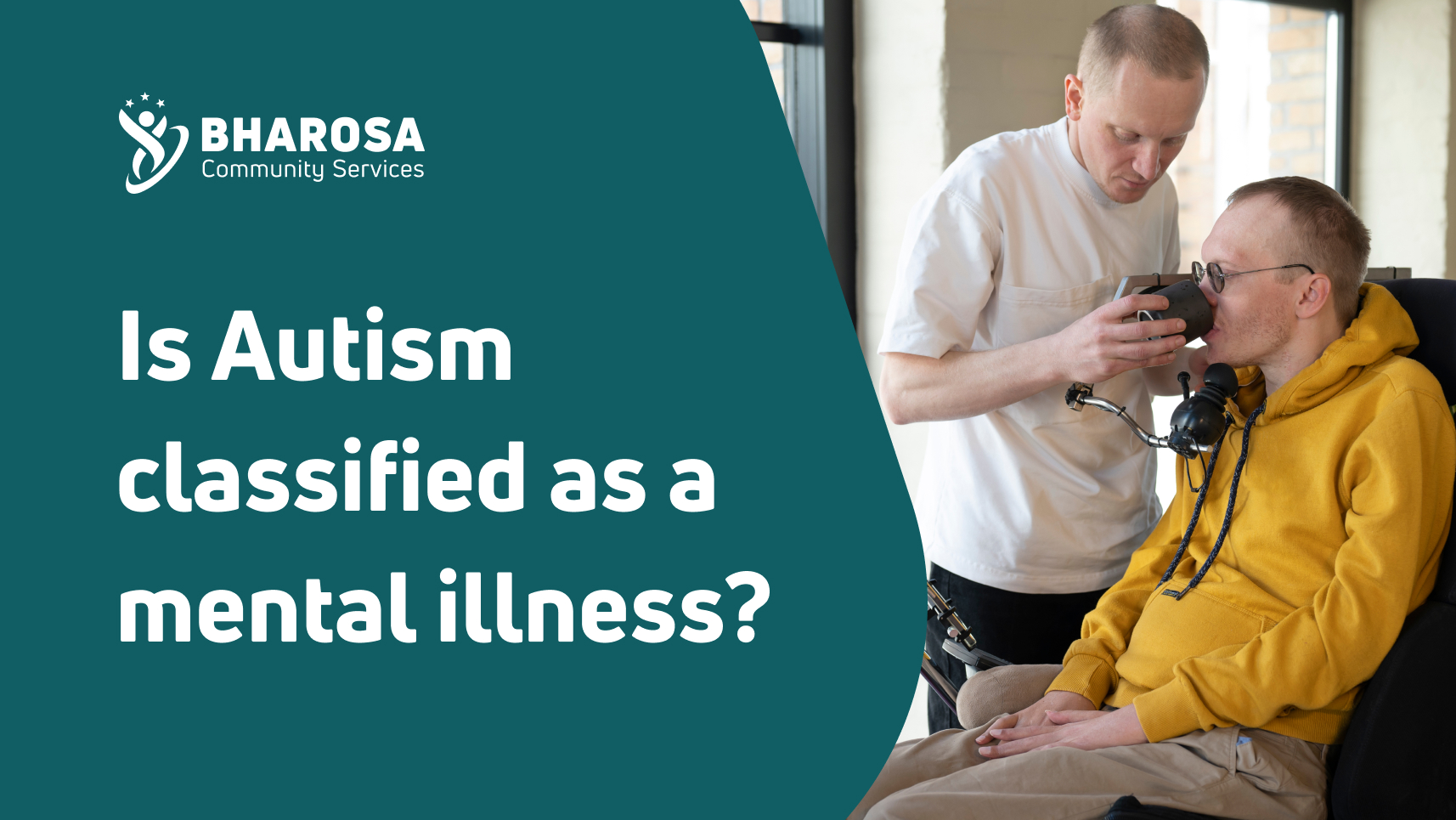Autism is a complex neurological disorder that affects the functionality of the brain. We recognise it by observing the difference in social interaction, communication, and behavior of an autistic person. The symptoms of autism can differ vaguely from person to person, with varying degrees of severity.
Some individuals may have mild symptoms, while others may have severe symptoms that significantly impact their lives. The main reason for the duality of opinions regarding the dependency of autism on mental illness is because of the poor social skills of an autistic person.
However, we must understand that the underlying cause of autism is not related to mental illness. Instead, autism is a neurodevelopmental disorder believed to be caused by a combination of genetic and environmental factors.
In this blog post, we will explore this topic in detail and provide some insights into what autism is and how it differs from mental illness.
Understanding Autism
Autism entirely depends on the neurodevelopmental disorder that typically appears in early childhood. It can be identified by studying the social, commutative, and behavioral difficulties of a person.
Autism is a spectrum disorder, which means that the symptoms and their complexity can highly differ from person to person.
Autism is not a Mental Disease
Although autism impacts behavior and communication, it should not be classified as a mental illness. Rather, it is a neurodevelopmental disorder that alters the way the brain functions. In contrast, mental illnesses are a group of conditions that influence an individual’s mood, thoughts, and actions.
Examples of mental illnesses include depression, anxiety, bipolar disorder, and schizophrenia, to name a few. None of these conditions has anything to do with autism.
Autism and Mental Health
Although autism is not a mental illness, individuals with autism are at a higher risk of developing mental health disorders. Studies have shown that individuals with autism are more likely to get anxiety, depression, and other mental diseases.
This happens because of the challenges that individuals with autism face in social interaction and communication. The way society responds to them creates a great impact on their mental well-being over time.
Supporting Individuals with Autism
Individuals with autism need support and understanding from their families because they’re already dealing with the challenges of their condition. Family support includes providing access to therapy, support groups, and other resources that help them to develop communication and social skills.
It is important to remember that autism is not a mental illness, and individuals with autism should not be stigmatized or treated differently because of their condition.
As a family member, we need to understand that Autism is a complex neurological disorder that affects the person’s social interaction and information processing. Although it’s not a mental illness, people with autism have a higher risk of developing mental health disorders.
Providing support and resources for individuals with autism is extremely important to protect them from future health hazards. As a society, it’s necessary to reduce the stigma surrounding autism and offer the required support. The process mentioned earlier helps people with autism access the aid they need.
Do you want to help out someone who is going through autism? We can guide you throughout the process and help you get the best NDIS plan.
We are your answer hub for any kind of queries regarding NDIS. Feel free to choose Bharosa as your NDIS partner.
Get free 1:1 consultation today.
Also read: Accessing NDIS Services Made Easier with Support Coordination
Follow us on Facebook and Linkedin to know more about our services.

